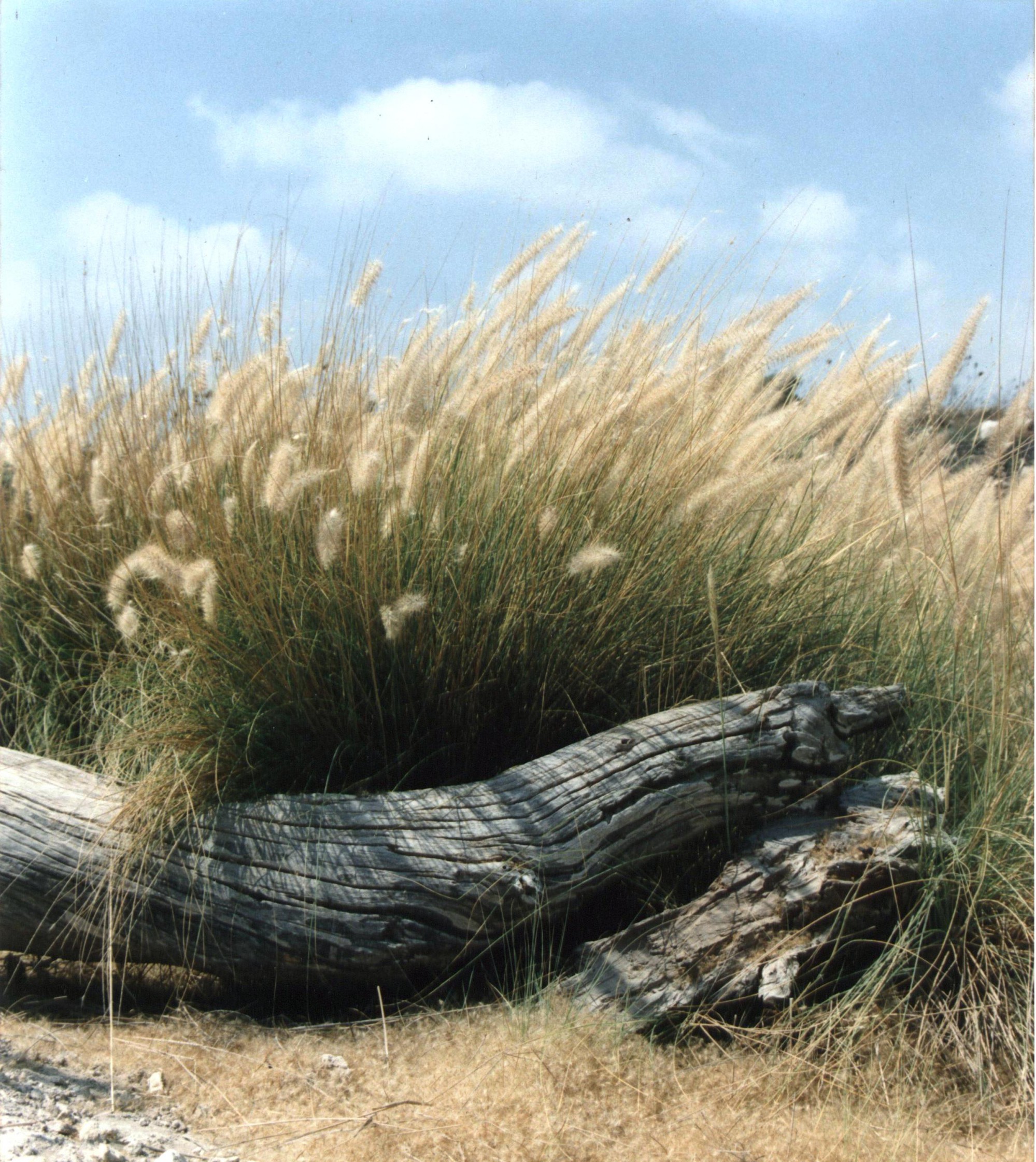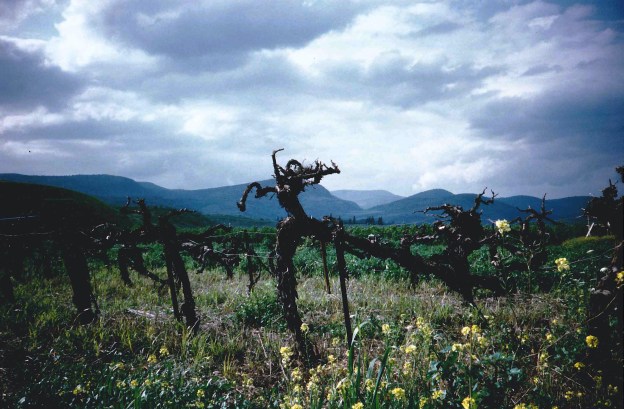Listen to me, O house of Jacob, all you who remain of the house of Israel, you whom I have upheld since you were conceived, and have carried since your birth. Even to your old age and grey hairs I am he, I am he who will sustain you. I have made you and I will carry you; I will sustain you and I will rescue you.
(Isaiah 46 v 3 & 4)
it is likely that for many of us, the name Ebenezer has bad connotations, because we think of the character in Charles Dickens’ novel “A Christmas Carol”, and the miserly Mr Scrooge comes to mind. Yet that story is one of redemption and hope, of change for the better! It is a pity then that this name, which means “stone of help”, should remain an unattractive one.
In the first book of Samuel, this stone is erected as a monument after a significant victory in battle, a physical reminder to the people of Israel that God had been with them, and that he continued to be their help and support. The bible is full of such exhortations to God’s people to remember his faithfulness to them in the past, as a basis for thanksgiving but also for hope in whatever the current trying situation might be. The underlying message is that God is not changed by the years as we are: he is not wearied by age, or decayed by illness, and we can trust him to be as active, vigilant and committed to his people now as he has ever been.
The quote from Isaiah reflects the same truth, as God speaks through the prophet to a dispirited people, all too aware of their own frailty and advancing years. They are still his people, and as such, the recipients of his tender care and faithful love. The prophet goes on to remind the people that there is no one like their God, reliable, powerful and purposeful.
Remember the former things, those of long ago; I am God, and there is no other; I am God, and there is none like me. I make known the end from the beginning, from ancient times, what is still to come. I say: my purpose will stand, and I will do all that I please. (Isaiah 46 v 9 & 10)
We often find ourselves reflecting at New Year, reviewing the recent months and looking ahead to what may be in store for us. I am no fan of making resolutions to do things differently, or of making so called “bucket lists”, which I need to complete in order to feel satisfied with my life. Rather I find this time of year a good opportunity to raise my own Ebenezer, to pause and look back with deep thanksgiving for months and years of God’s faithful upholding and providing. Thus far; to my fiftieth birthday, to two nearly grown children, to an orphan status, but with siblings and many friends and a loving, long- suffering husband, thus far I say, the Lord has helped me, and I praise his holy name. Even this last year, I see many examples of help, of God’s personal touches of love, and of his changing me – I trust for the better!
The words of the prophet also encourage us to take assurance for the future, because the same God who has been faithful, promises to go on being faithful – unto old age, until all that is planned has been carried out. For believers in Jesus Christ, this promise carries us into eternity, to the new and glorious life we shall enjoy at the resurrection. God has told us that Jesus is the firstborn from the dead, the first of all who are to come, who trust in him alone for their salvation, and who will dwell with him hereafter.
What encouragement this is as we face the future, well aware that our lives may change in an instant, with pain and joy often blended, and no guarantees that our health, security and families wil be immune from trouble. We have an utterly faithful God, committed to sustaining and carrying us, desiring that in all things, we seek him first because in him alone our help lies. And in the end, he will carry us home.
All praise to our God, through the Son, by the Spirit, for his mercy to us and his bountiful love. As we raise our Ebenezers, may we be filled with joy and give the glory to God, stepping forward in confidence in him and at peace in our souls.





